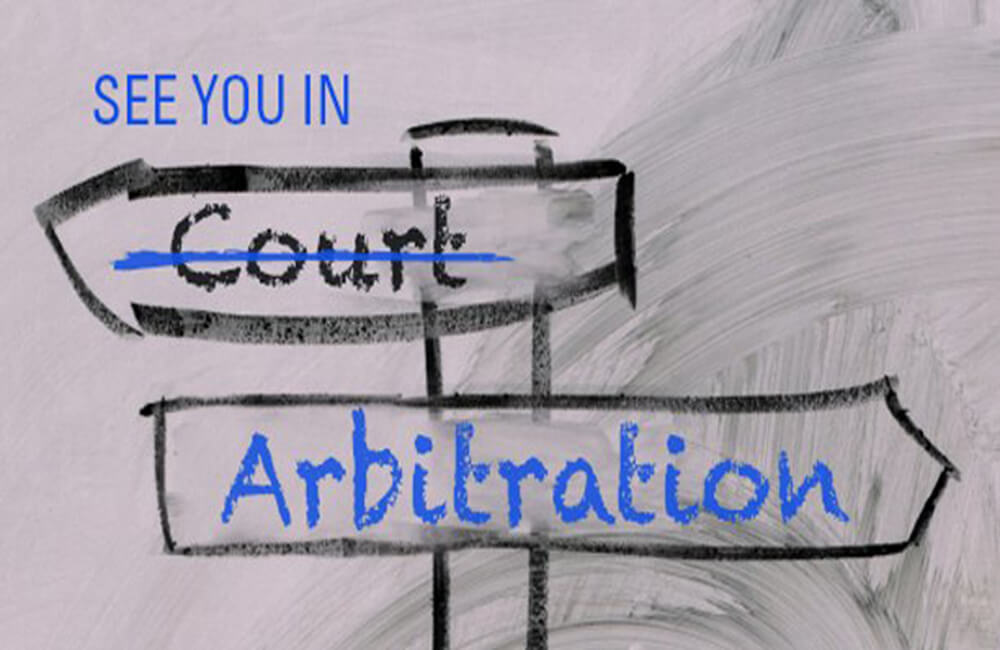
As the world continues to embrace the digital revolution, cryptocurrency transactions have become increasingly prevalent. However, with this rise in usage comes the potential for disputes and conflicts to arise within the cryptocurrency ecosystem. In such cases, choosing Арбитраж криптовалюты to resolve disputes offers several advantages over traditional litigation.
- Confidentiality: One of the most significant advantages of arbitration is the confidentiality it offers. Cryptocurrency disputes often involve sensitive information regarding financial transactions and proprietary technologies. Unlike court proceedings, which are typically public records, arbitration allows parties to keep their disputes private. Арбитраж криптовалюты confidentiality can help protect the reputations and trade secrets of the involved parties.
- Expertise: Arbitration allows parties to select arbitrators with expertise in cryptocurrency and blockchain technology. These arbitrators understand the complexities of digital assets and can provide informed decisions based on their knowledge of the industry. In contrast, judges in traditional court settings may lack the specialized knowledge necessary to adjudicate cryptocurrency disputes effectively.
- Flexibility: Arbitration offers greater flexibility in terms of procedural rules and timelines compared to litigation. Parties can tailor the arbitration process to suit their specific needs and preferences. This flexibility can lead to faster resolution of disputes, as parties are not bound by the formalities and delays often associated with court proceedings.
- International Enforcement: Cryptocurrency transactions are often conducted across international borders, making it challenging to enforce judgments obtained through traditional litigation. Arbitration offers a more effective means of enforcing awards internationally, as many countries are signatories to the New York Convention on the Recognition and Enforcement of Foreign Arbitral Awards. This global framework facilitates the recognition and enforcement of arbitration awards across borders, providing parties with greater assurance that their awards will be upheld.
- Cost-Effectiveness: Arbitration can be more cost-effective than litigation, particularly for complex cryptocurrency disputes. Court proceedings can involve significant legal fees, court costs, and expenses related to discovery and expert witnesses. In contrast, arbitration typically involves streamlined procedures and fewer formalities, reducing the overall costs of dispute resolution.
- Finality: Arbitration awards are generally final and binding, with limited avenues for appeal. This finality can provide parties with closure and certainty, allowing them to move forward without the lingering uncertainty associated with prolonged litigation.
Arbitration offers several advantages for resolving cryptocurrency disputes, including confidentiality, expertise, flexibility, international enforcement, cost-effectiveness, and finality. By choosing arbitration, parties can efficiently resolve their disputes while minimizing the risks and costs associated with traditional litigation. As the cryptocurrency ecosystem continues to evolve, arbitration is likely to become an increasingly preferred method of dispute resolution within the industry.




